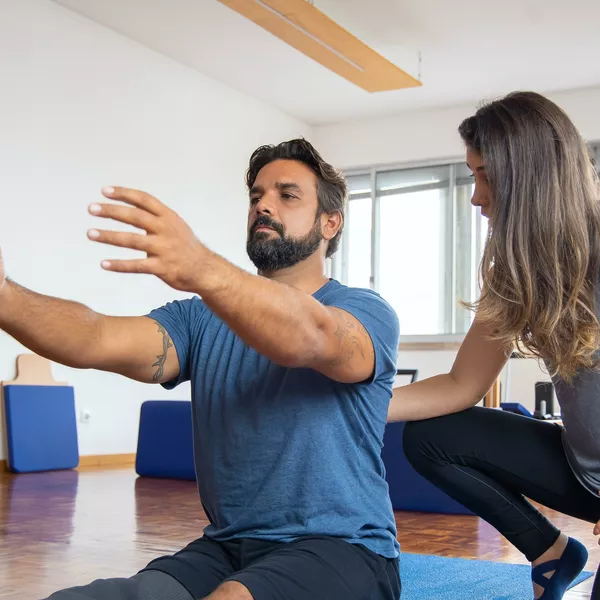
Managing stress
We are all affected differently by stress. Resilience, life experience, our own internal genetic make-up and our individual mental health are contributing factors. We all also have different ways to cope with stress, emotionally and psychologically.
But where there is stress there is hope. The other side of stress is that it can give us the strength to be, and do, things that we never thought imaginable. When you experience positive stress, your blood vessels remain open, similar to when you feel joy or courage.
There are many ways in which you can try to reduce stress. Try the things or make the changes that could help you feel more relaxed, stay calm and release tension.
- Work stress can be a big one. Step away from the computer for a break if things become overwhelming, or leave that five minutes earlier.
- Identify and spend time with the people that help you grow and feel good about yourself. Conversely, it may be time to let go of the relationships that cause you stress and unhappiness.
- Try to change your perspective on things that may be giving you stress but which you can’t change. Trying to look at things in a different way, or even viewing stress itself as a positive thing that is there to help you manage the situation, can be beneficial.
- Exercise, meditation and yoga have been shown to help reduce stress for some people. Run out your worries on the treadmill, or stretch away those concerns.
- Take the time for some self-care to help put your wellbeing first, whether that’s eating a healthier, nutritious diet or journaling about your thoughts and feelings.
The best thing is to find what works for you and what works for the situation that you are in, to find the right balance of manageable stress that helps – and not hinders – you.
Be a relaxation warrior, not a stress worrier.
And finally, next time you're feeling stressed, think of it backwards. “Stressed” spelled backwards is “desserts”, so do something sweet for yourself and for others. Be kind to yourself and give yourself a break.
Image: Unsplash
About the author
Maggie Chung
Maggie has been a paramedic with NSW Ambulance since 2015, working mainly in the Western Sydney and Blue Mountains areas. She has degrees in Paramedic Practice and Science (Psychology). She is passionate about health education and training and also runs her own first aid training courses with a first aid course specially designed for parents and carers.






